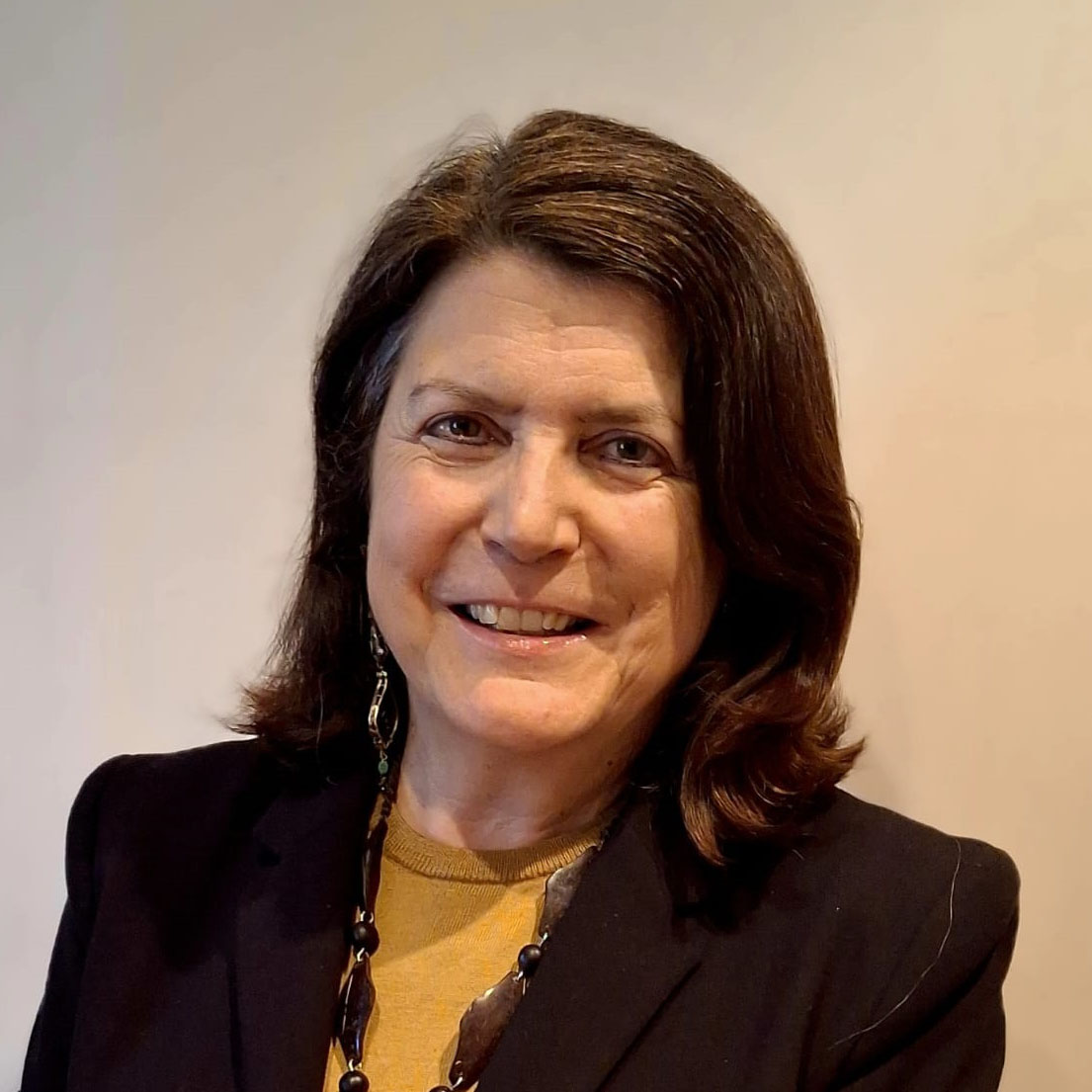
Jasone Cenoz
Bio
Jasone Cenoz is an expert in multilingual education, minority languages, linguistic landscape, and second and third language acquisition. She has published a great number of articles and several books and has presented her research results at numerous international conferences and seminars in different parts of the world. Her research has been recognized with prestigious awards, including the Research Prize from the Spanish Association of Applied Linguistics and the Advanced Research Prize from Ikerbasque, Basque Foundation of Science. She is ranked among the top 2% of the world's most cited scientists and in 2024 she was awarded an Honorary Doctorate by the University Jaume I. Formerly a Professor of Education at the University of the Basque Country, Jasone Cenoz remains actively engaged in research and research evaluation. She serves on the Advisory Council of the Organization of Ibero-American States (OEI), the board of the Basque Institute for Educational Evaluation and Research (ISEI/IVEI) and the ISEAK Foundation. She collaborates with various national and international research agencies. Additionally, she has been the President of the International Association of Multilingualism and the Education Committee of the Spanish Research Agency.
Multilingualism, minority languages and translanguaging
This keynote presentation, which has the different faces of bi/multilingualism as its point of departure, focuses on the intersection of multilingualism, minority languages and translanguaging in education. After discussing some key concepts, the characteristics of regional minority languages and their importance in the study of multilingualism will be highlighted. Specific attention will be paid to the Basque language as a minority language, its historical context, and the language policy to promote its knowledge and use in society.
The second part of the presentation relates the situation of regional minority languages to translanguaging in education and will reflect on issues such as the survival of minority languages, minority language speakers’ language identity and the potential advantages and risks of translanguaging for the survival of languages such as Basque. Furthermore, this presentation will look at the challenges that Basque faces nowadays in a globalized digitalized world. The presentation will call attention to the need to achieve a balance between the use of multilingual pedagogies, and the need for “breathing spaces” for minority languages, that is, spaces where the minority languages can be used freely and are not threatened by other languages. It will be shown how this balance can be achieved by implementing pedagogical translanguaging. This approach is understood as the use of different planned strategies and is based on activating students' resources from their whole linguistic repertoire so that they learn more efficiently, both in language and in content classes. Pedagogical translanguaging is sustainable and aims at the development of multilingual skills for both majority and minority language speakers.
The teaching of minority languages or academic content through the medium of minority languages is challenging because it has some specific characteristics, but the body of experience on different minority languages can inform other contexts of language learning in education and in the wider society.



